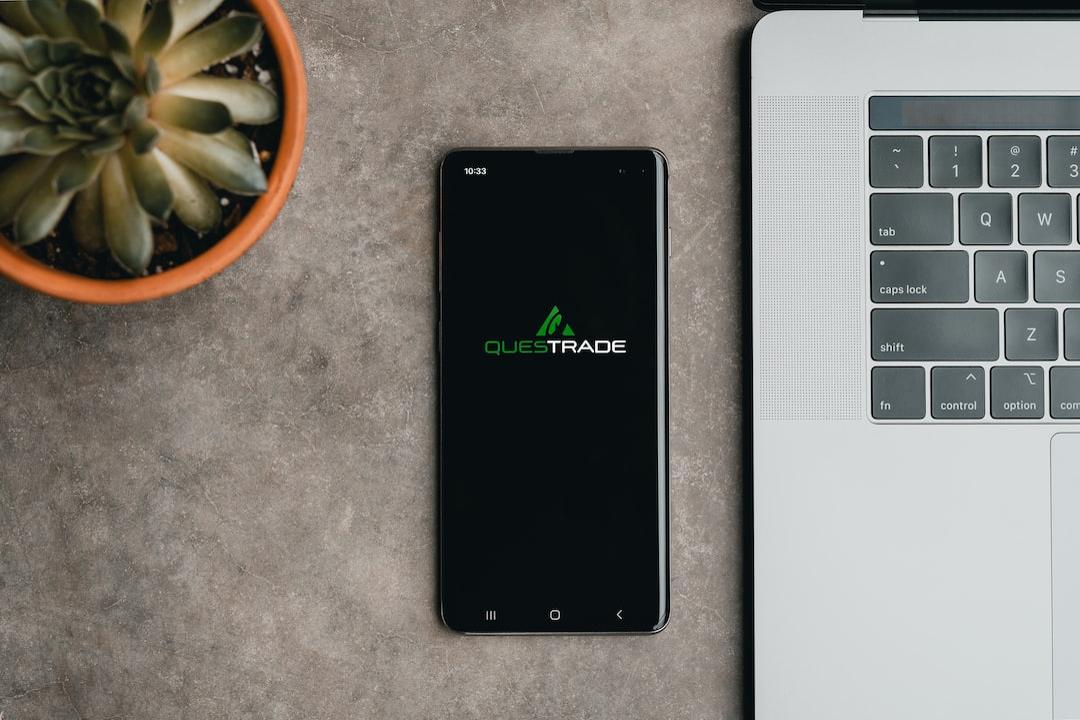Tech giant Apple has been hit with a comprehensive antitrust lawsuit by the United States Department of Justice (DOJ), alleging that its app market rules and “monopoly” practices have stifled competition and hindered innovation. The complaint, supported by 16 state attorney generals, asserts that Apple’s dominance in the smartphone market has allowed it to force developers to use its payment system, thereby locking them and users into its platform. The DOJ argues that Apple’s App Store guidelines and developer agreements impose restrictive rules that enable the company to charge higher fees, impede innovation, provide a less secure user experience, and limit competitive alternatives. These policies have also prevented the use of cryptocurrency in apps or made it financially impractical for crypto-based apps to offer in-app purchases. Additionally, the DOJ claims that Apple’s fees, including the notorious 30% “Apple tax,” have ousted alternative payment systems in an anti-competitive and exclusionary manner. Some NFT marketplaces, such as OpenSea, have disabled certain functionalities on their iOS apps due to the 30% fee. Furthermore, Apple has allegedly denied access to competing digital wallets and prevented developers from offering their own payment services. In response to the DOJ’s complaint, Apple has stated that it will vigorously defend itself, arguing that the lawsuit sets a dangerous precedent that could grant the government excessive control over technology design. In the European Union, Apple has been compelled to provide alternative browser engines, payment functions, and app stores under the Digital Markets Act. However, the company maintains that these new options pose privacy and security risks and still requires an approval process. Following the DOJ’s lawsuit, Apple’s shares fell by 4% to approximately $171.

